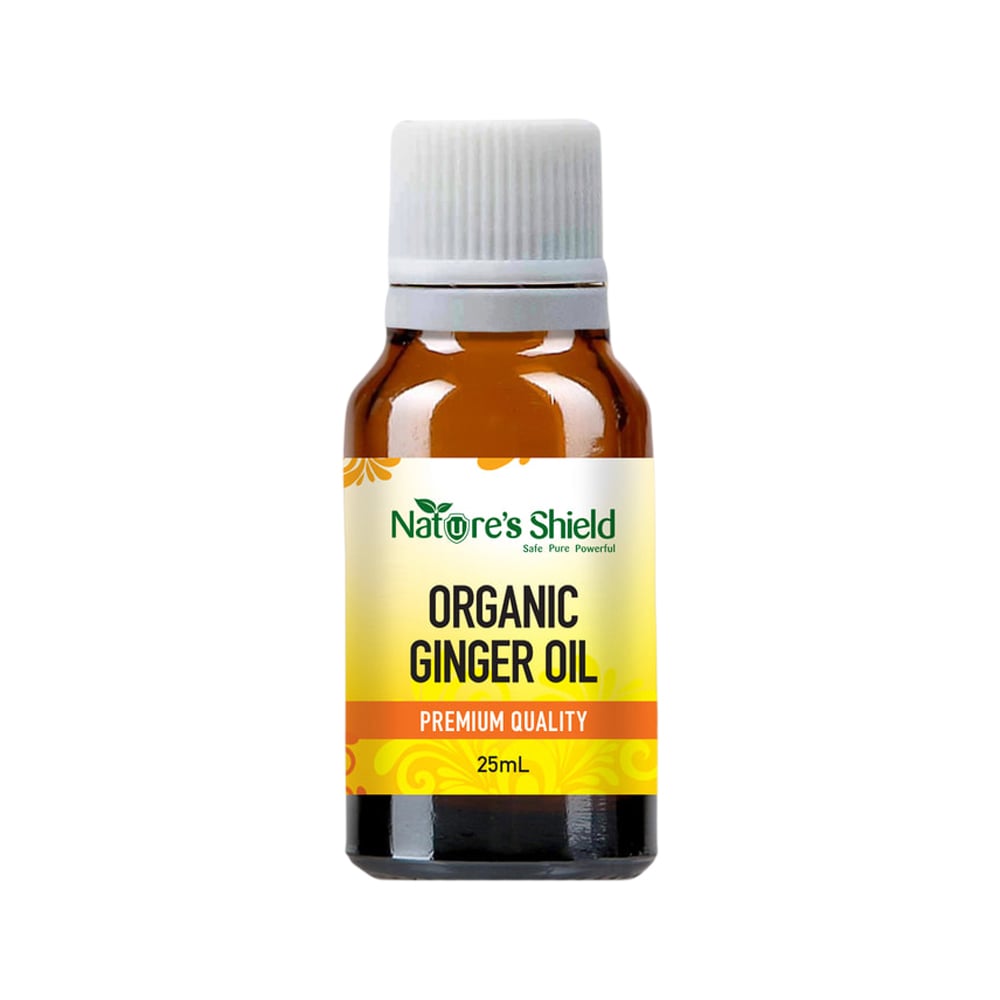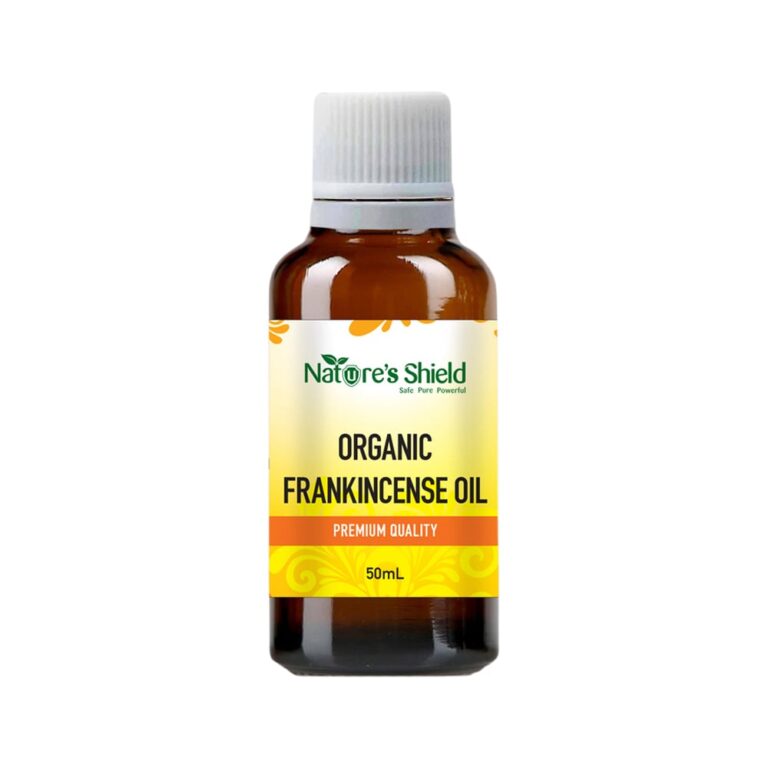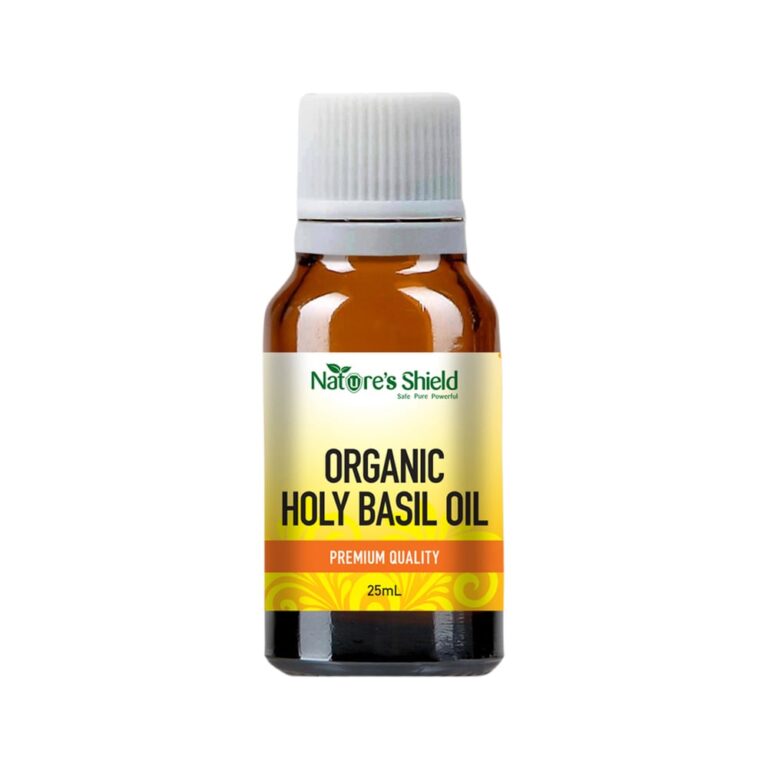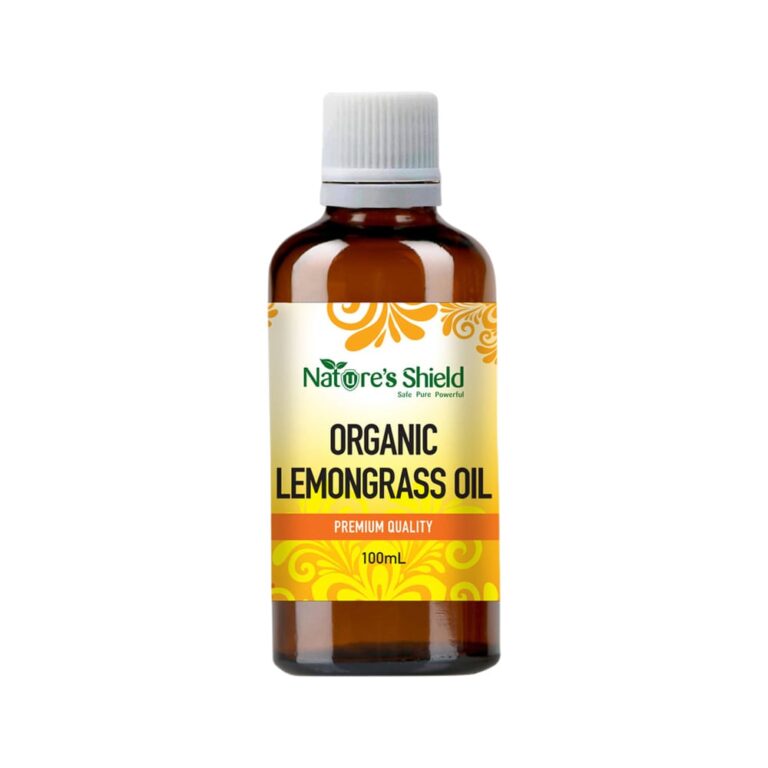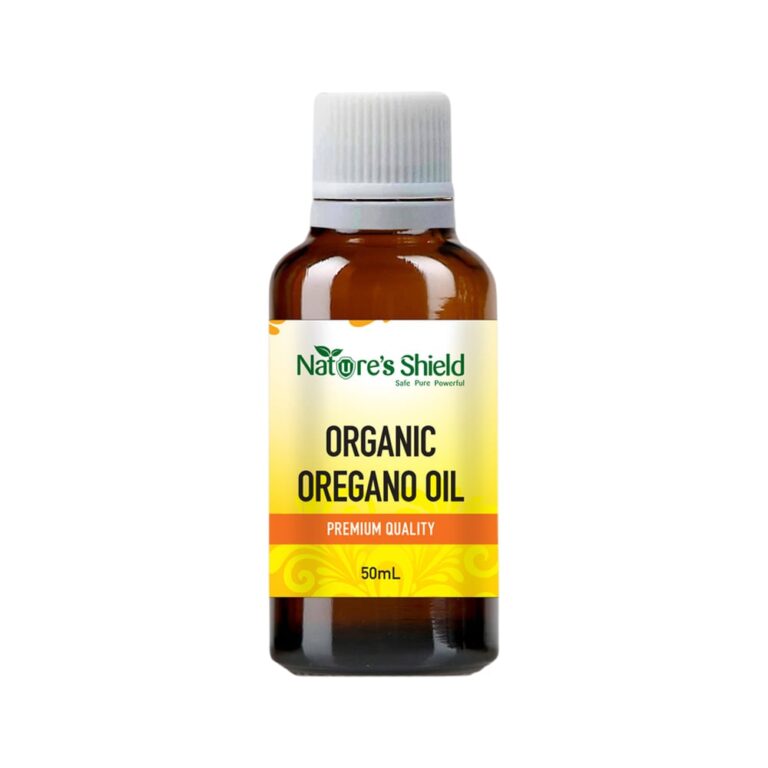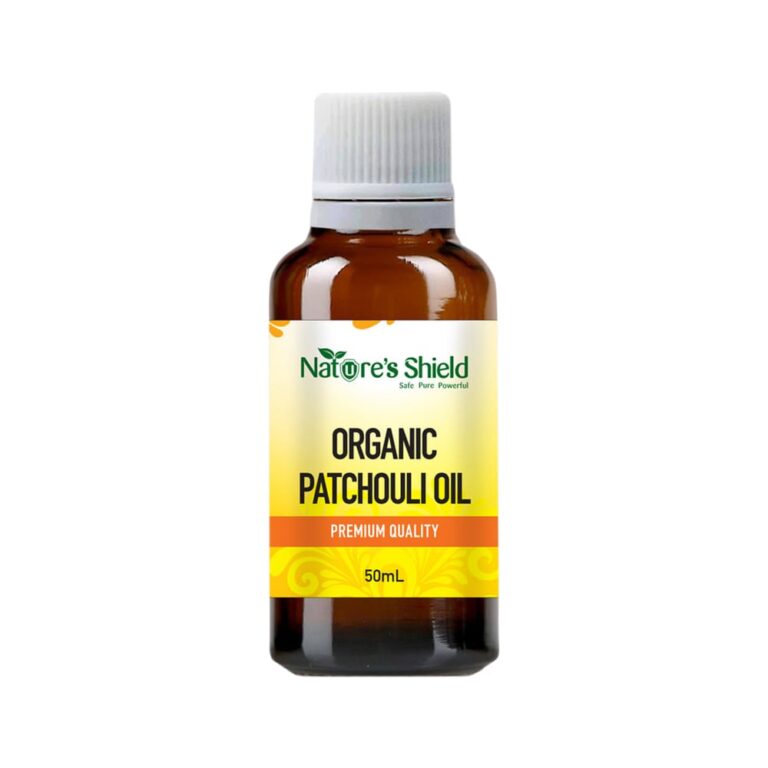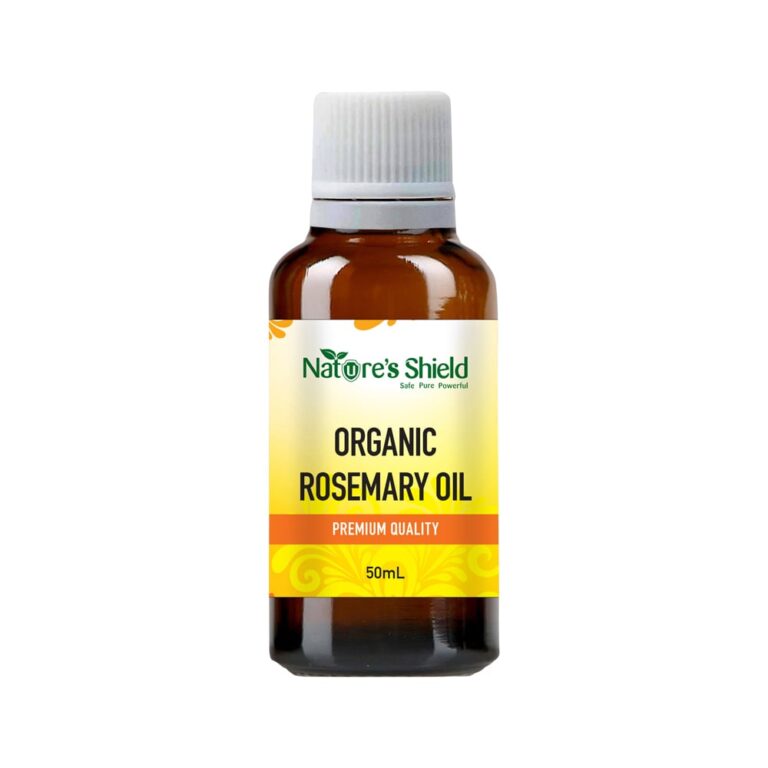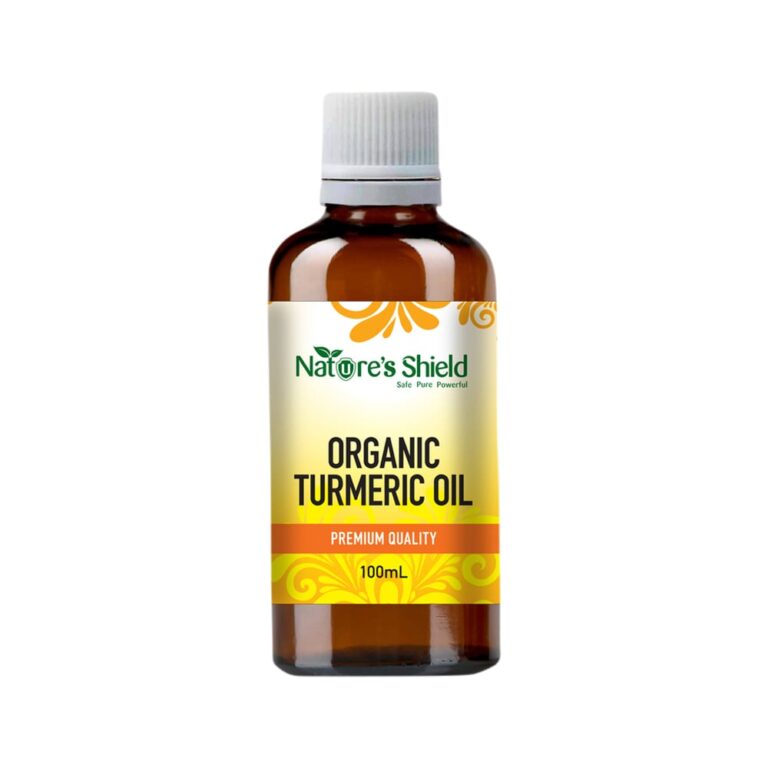Natures Shield Organic Essential Oil Ginger
Ginger is most potent and bio-available as an organic oil extract. From the same plant family as turmeric and cardamom, it is prized throughout the world for its culinary and health uses. Nature’s Shield ginger oil is certified organic and sustainable and is steam-distilled extracted for preservation of its natural qualities.
Ginger or ginger oil is often added to Asian recipes, especially in India, as it helps to improve digestion. In Ayurvedic medicine, Ginger root and oil are often used for upset stomachs, indigestion and stomach ache.
A few drops of oil with recipes will give you an excellent ginger flavour for cooking and baking.
Ayurveda advocates the use of ginger root and oil against nausea and vomiting.
The extract of ginger is often used in traditional Ayurvedic medicine to reduce inflammation. Research has shown that its anti-inflammatory properties can be attributed to the presence of a substance named Zingibain. It is analgesic in nature and may reduce the pain caused by muscle aches etc. Ginger oil or paste is often topically massaged on aching muscles to ease muscle strain.
Ginger oil blends well with many other essential oils including lemon, cedarwood, myrtle, bergamot, rosewood, neroli, orange and ylang-ylang.
$44.95
Certified Organic
| Certification |
|---|
Product information
| Brand | |
|---|---|
| Certificate | |
| Volume | |
| Product Attributes | , , |
Ingredients
100% organic ginger oil.
Directions for use
Uses:
Just a few drops taken with food or water can enhance food flavour and support general well-being.
Store in a cool, dry place, away from direct sunlight.
Customer Reviews
You May Love...
Online Sports Nutrition and Natural Dietetics.
Chances are there wasn't collaboration, communication, and checkpoints, there wasn't a process agreed upon or specified with the granularity required. It's content strategy gone awry right from the start. Forswearing the use of Lorem Ipsum wouldn't have helped, won't help now. It's like saying you're a bad designer, use less bold text, don't use italics in every other paragraph. True enough, but that's not all that it takes to get things back on track.
The villagers are out there with a vengeance to get that Frankenstein
You made all the required mock ups for commissioned layout, got all the approvals, built a tested code base or had them built, you decided on a content management system, got a license for it or adapted:
- The toppings you may chose for that TV dinner pizza slice when you forgot to shop for foods, the paint you may slap on your face to impress the new boss is your business.
- But what about your daily bread? Design comps, layouts, wireframes—will your clients accept that you go about things the facile way?
- Authorities in our business will tell in no uncertain terms that Lorem Ipsum is that huge, huge no no to forswear forever.
- Not so fast, I'd say, there are some redeeming factors in favor of greeking text, as its use is merely the symptom of a worse problem to take into consideration.
- Websites in professional use templating systems.
- Commercial publishing platforms and content management systems ensure that you can show different text, different data using the same template.
- When it's about controlling hundreds of articles, product pages for web shops, or user profiles in social networks, all of them potentially with different sizes, formats, rules for differing elements things can break, designs agreed upon can have unintended consequences and look much different than expected.
This is quite a problem to solve, but just doing without greeking text won't fix it. Using test items of real content and data in designs will help, but there's no guarantee that every oddity will be found and corrected. Do you want to be sure? Then a prototype or beta site with real content published from the real CMS is needed—but you’re not going that far until you go through an initial design cycle.
